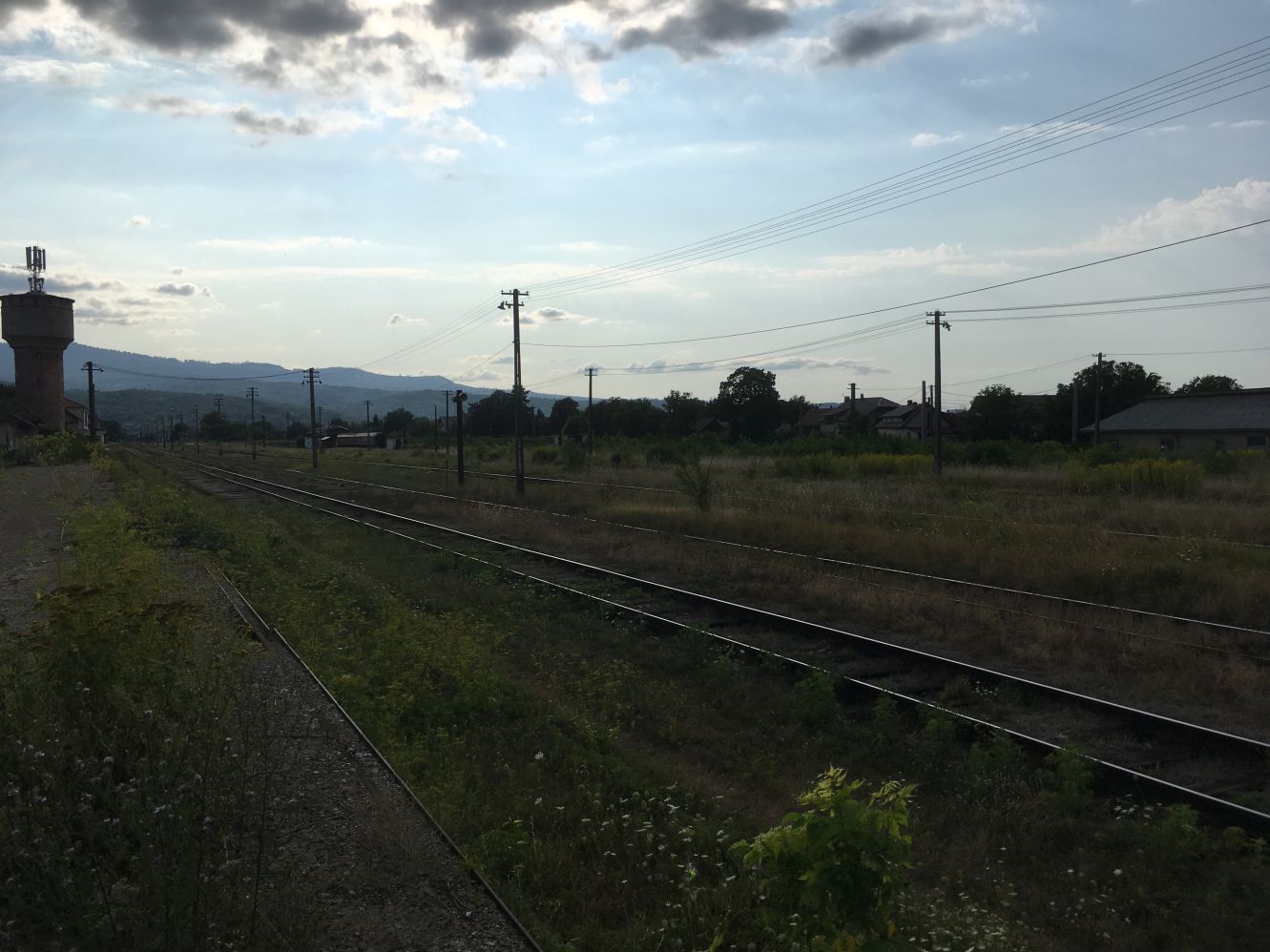Welcome to the third part of this series about transport. I really should have mentioned the word catch by now. When you successfully get on a train, bus, plane or any form of public transport before it leaves, you catch it. Remember that the verb to catch has an irregular past tense:
I caught the early bus to work this morning because I had an eight o’clock meeting.
He usually catches the 5:45 train to Peterborough.

Instead of catch, you can use get or take if you like:
Ben got the bus to Birmingham but Tracy took the train.
When we want to say that we successfully got on the bus, train or plane in time, we sometimes use make:
We only just made the flight. (This means that we were nearly too late to get on the plane. Another two minutes and it would have taken off without us.)
What happens if you don’t catch, get, take or make the train? That’s right, you miss it:
I’ll have to go now, otherwise I’ll miss the train.
We missed the last bus and had to take a taxi.
Sometimes you have to take more than one bus or train. When you get off one bus or train and get on another one, you change.
I had to change at Leicester and was stuck at the station for two hours.
To get to the centre of London from Heathrow, you need to change from the District to the Piccadilly Line at Hammersmith. (Here you’re travelling by underground.)
Eventually you arrive at your destination. You can also say that you reach your destination, or that you get there. You can use these verbs for any form of transport, public or private.
I arrived in Baia Mare at 10:45 pm.
We got to London at about ten and had a fantastic day there.
It was already dark when we reached Rotorua and we struggled to find a motel room.
That’s all for Part 3. For the next part of this series, click here.



